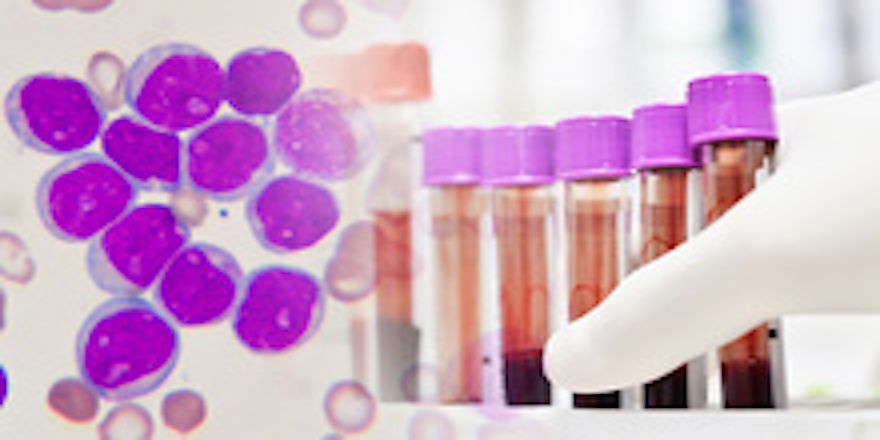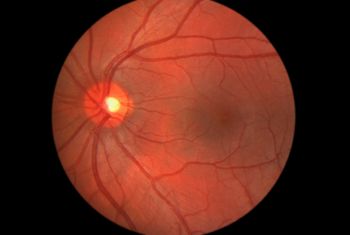
Panelists of an AHIP 2022 session discussed how future policy, infrastructure, and investment strategies in public health will reinforce the efforts already made during the pandemic, with partnerships and engagement key to optimize innovation.


Palliative Care Shortcomings for Patients With Hematologic Malignancies Addressed in New Review

Panelists of an AHIP 2022 session discussed how future policy, infrastructure, and investment strategies in public health will reinforce the efforts already made during the pandemic, with partnerships and engagement key to optimize innovation.

Among a real-world cohort of patients, switching between infliximab biosimilars was effective and well tolerated, although retention was higher among those who had initially started on the originator product.

Reversing a landmark precedent, the Supreme Court voted Friday to overturn 1973’s Roe v Wade decision that guaranteed American women the constitutional right to an abortion, and at least 1 justice suggested that other precedents, such as the right to birth control, be reversed as well.

Most patients taking a biologic stayed on the therapy, and most saw decreases in exacerbations, a new study has found.

The findings of this study, which used insurance claims data for patients 2 years and older to determine rates of meningococcal A, C, W, Y vaccine uptake, points to the need for more education, the authors said.

Abstracts presented at the American Society of Clinical Oncology Annual Meeting evaluated biosimilar use in practices participating in the Oncology Care Model (OCM) and estimated the savings as a result of substituting these agents for more expensive reference products.

The data suggest the noninvasive procedure was successful in guiding food reintroduction, but missed some food triggers in certain patients.

Investigators from the Pediatric Diabetes Center at Hassenfeld Children’s Hospital at NYU Langone investigated outcomes disparities as they related to diabetes technology use among youth living with type 1 diabetes (T1D).

Patients with multiple myeloma frequently relapse and experience deteriorating quality of life, according to findings from the LocoMMotion study, which also reported that specific patient and disease characteristics are associated with poor efficacy outcomes.

Outcomes in this new study, conducted among patients with chronic heart failure (CHF) on maintenance dialysis and receiving sacubitril/valsartan, were evaluated as they pertained to heart function and blood pressure.

A patient’s quick response to cemiplimab (Libtayo) was reversed after the therapy was stopped due to progression of apparent metastatic cutaneous squamous cell carcinoma.

Surveys of health care professionals, patients, and caregivers explored unmet needs in sickle cell disease (SCD), as well as the significant impact the disease has on everyday life.

Recommendations discuss appropriate use and diagnostic, prognostic, and therapeutic implications of cardiac genetic testing, including guidance on impact of exercise.

The primary outcomes of this secondary analysis of the MOTIVATE-HF study were improvement in caregiver self-efficacy while caring for patients living with heart failure and caregiver contributions to self-care for these patients following motivational interviewing.

Levels of the hormone increase with disease severity, a new study has found.

According to the researchers of the study, managing patients with hidradenitis suppurativa holistically may help reduce the burden of their disease.

As part of the Biosimilars Initiative, British Columbia, Canada, implemented a mandatory switch to biosimilar insulin glargine for patients covered by the province’s drug plan.

Increased diversity in clinical trials remains an unmet need, and in the new SEQUOIA trial, the majority of patients being White males meant researchers could not do a subgroup analysis looking at outcomes for specific races, age groups or genders, said Mazyar Shadman, MD, MPH, of Fred Hutchinson Cancer Research Center.

The new trial was the first to investigate outcomes among a patient population living with HIV (PLWH) who were treated for anal precancerous growths, or high-grade squamous intraepithelial lesions.

Investigators said the benefits appeared relatively early in treatment for many patients and persisted throughout the study period.

Sex and age were associated with clinical characteristics of geriatric psoriasis, including type and location of disease, therapeutic considerations, and risk of comorbid nail involvement and psoriatic arthritis.

The Supreme Court has ruled that HHS' decision to lower reimbursement rates to hospitals so that those in the 340B program received reduced rates because they received discounted drugs was unlawful.

National Institutes of Health (NIH) researchers found a new form of macular dystrophy, which is a cause of central vision loss.

The FDA is faster to approve new oncology therapies compared with the European Medicines Agency (EMA); but that speed may have consequences.

Oxidative stress, including DNA damage and malondialdehyde, was associated with dementia in patients with chronic obstructive pulmonary disease (COPD).

259 Prospect Plains Rd, Bldg H
Cranbury, NJ 08512
© 2025 MJH Life Sciences®
All rights reserved.
